Berlin Wall 25th Anniversary: What Happened to Erich Honecker and his Henchmen?
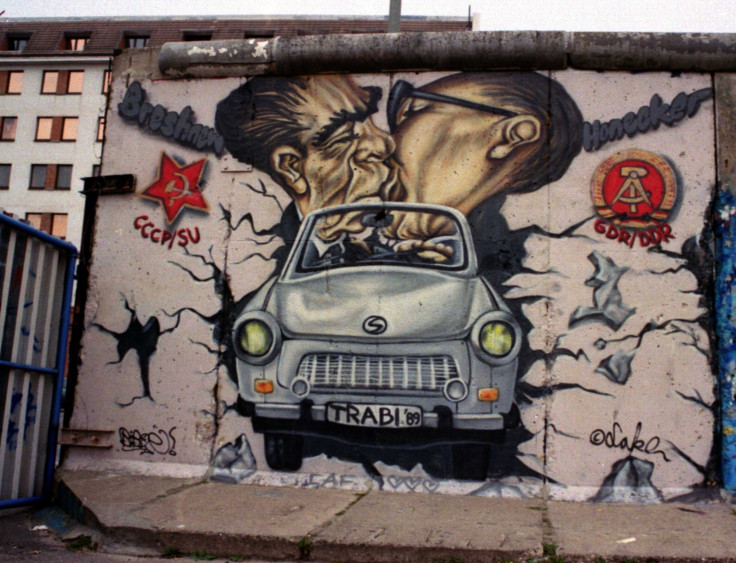
On 9 November 1989, after a series of radical changes in the Eastern Bloc and the fall of Soviet power in Eastern Europe, the divide between East and West Berlin was finally demolished.
The demolition of the Berlin Wall did not start until the summer of 1990 but for the first time in 28 years, the German people were able to travel from one side of the barrier to the other.
Family and friends were reunited, and the whole country was engulfed in a celebratory and euphoric atmosphere.
Erich Honecker was the prime organiser of building the wall in 1961,and later became General Secretary of the Socialist Unity Party, leading the German Democratic Republic (East Germany) up until just before the fall of the wall.
IBTimes UK looks into what became of Honecker, after he was forced to resign his position, and the members of his cabinet who had followed him for so many years.
Erich Honecker
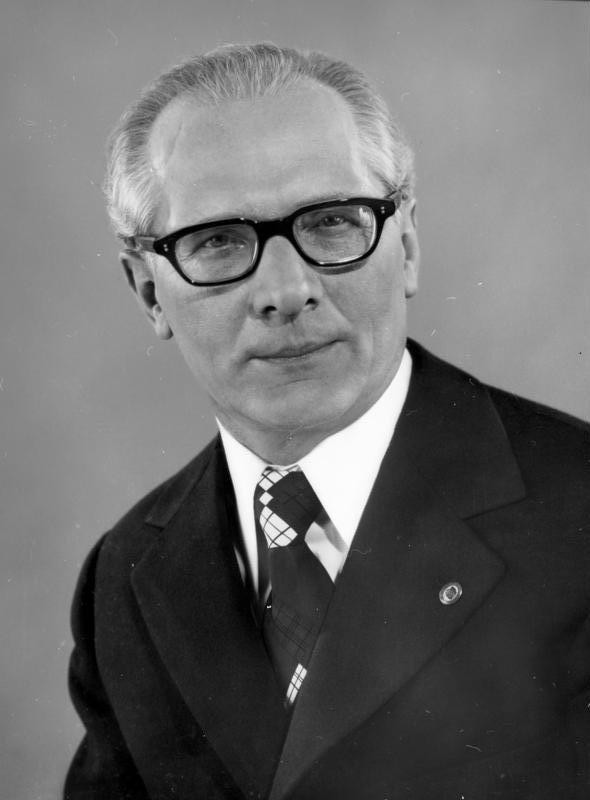
In the weeks leading up to the fall of the wall, Honecker's fellow party members were losing faith in their leader, after he had suffered bouts of ill health and made some poor decisions.
They deposed and replaced Honecker as the party leader during a Politburo meeting on 17 October 1989, putting Egon Krenz, his second in command, in his place.
Honecker was expelled from the central committee of the Socialist Unity Party (SED) on 1 December 1989. A few months later, he was removed from the party altogether.
The years that followed his ejection were filled with arrests, more ill health and asylum attempts.
After spending time in a Soviet hospital due to cancerous tumours found in his kidneys and liver, Honecker and his wife Margot fled to Moscow on 13 March 1991, with the help of Soviet hardliners.
They began applying for political asylum within the Soviet Union and special protection from Chile, as Honecker had granted many Chileans exile following a military coup in 1973.
Neither applications were successful and Honecker was flown back to Berlin on 29 July 1992, despite being offered help from North Korea.
The former leader of the Socialist Unity Party was arrested and tried in court, where he admitted political responsibility for the building of the Berlin Wall and the subsequent deaths at its borders.
However, Honecker was released from custody due to his ill health (he had been given three to six months to live) and allowed to fly to Santiago, Chile to reunite with his wife and daughter.
He died on 29 May 1994 in the La Reina district of Santiago and his funeral was arranged by the communist party of Chile.
Egon Krenz
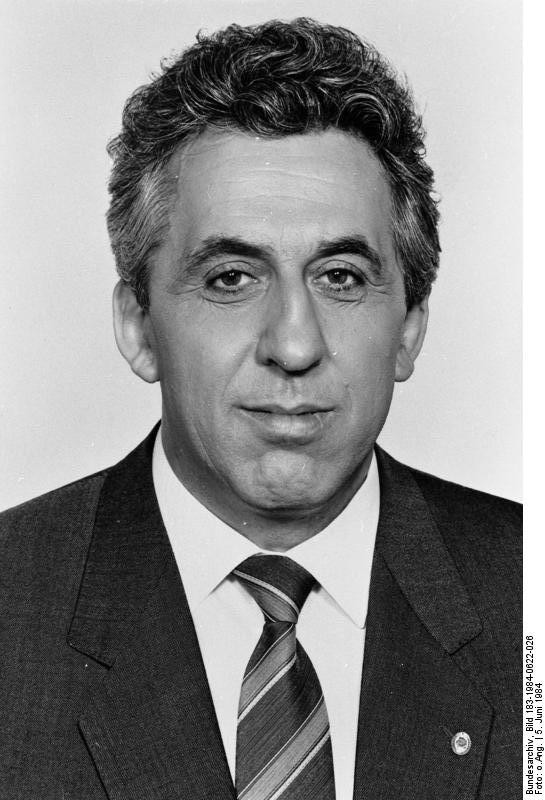
Egon Krenz was Honecker's deputy on the Council of State in 1984 and succeeded him as leader and head of state in October 1989. However, he was forced to resign two months later, when the communist state collapsed.
In 1997, Krenz was charged with Cold War crimes, including electoral fraud and the manslaughter of four German citizens trying to escape East Germany over the Berlin Wall.
He was sentenced to six-and-a-half years in prison and was released just before he had served four of them.
He is now retired and living in Dierhagen with his wife Erika.
Erich Mielke
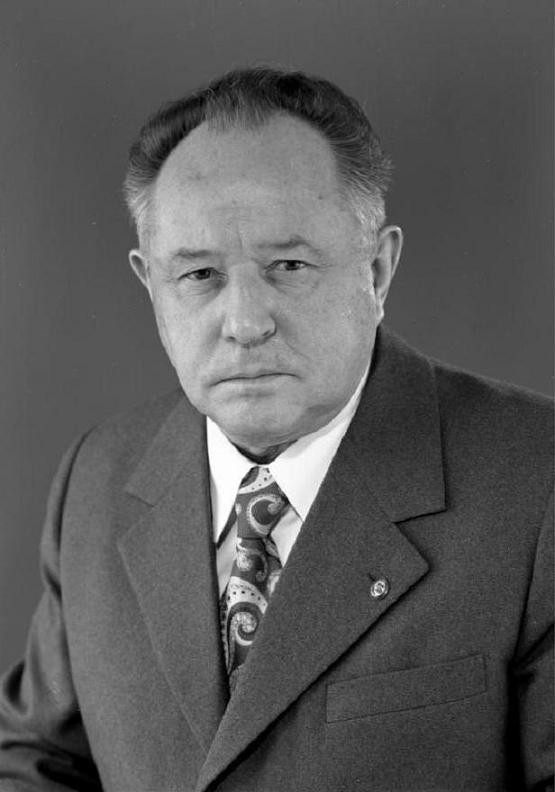
Before the establishment of the SED, Erich Mielke fled to the USSR from Germany, so he could escape prosecution for the 1931 murder of two police captains.
During his time in there, Mielke was employed by the People's Commissariat for Internal Affairs (NKVD) and played a significant role in the Stalinist regime.
Upon his return to Eastern Germany, he took up the role of the head of the Ministry for State Security (Stasi), between 1957 and 1989.
On his orders, Stasi officers arrested, kidnapped, brutally harassed and imprisoned tens of thousands of East German citizens.
After the collapse of the SED and the end to his role as one of the most powerful and hated men in Germany, Mielke was arrested, tried and jailed for the murder of the police captains, along with being charged with high treason and conspiring with Honecker.
After serving 1,904 days in prison, a senile Mielke was released and spent the rest of his days in a care home.
Willi Stoph
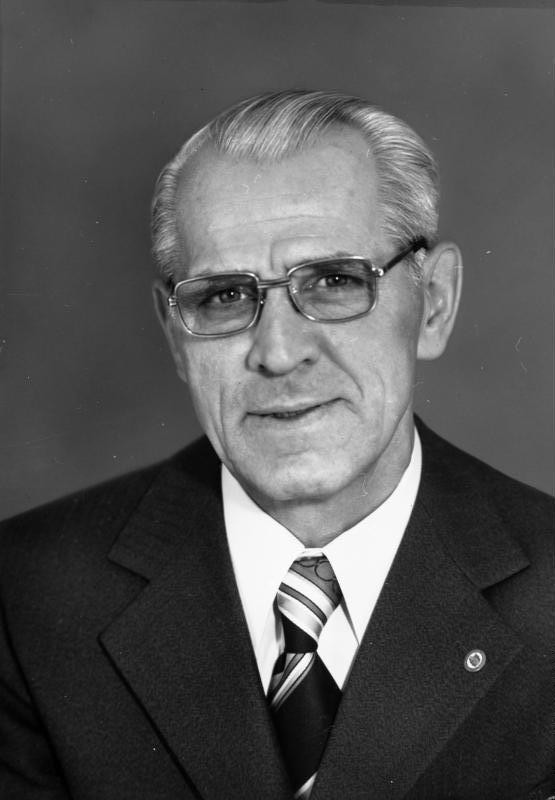
Willi Stoph was the Prime Minister of the German Democratic Republic from 1964 to 1973, and again from 1976 until 1989.
He was part of the central committee of the SED and had been a loyal supporter of Honecker in the beginning. However, he was part of the plot to remove him and was the person who proposed the motion at the Politburo meeting in 1989.
Stoph was arrested in December 1989 for corruption and the following month was expelled from the reformed SED, now the Party of Democratic Socialism, the same as Honecker.
He was spared jail time due to health reasons and lived the rest of his life out in Berlin, dying there at the age of 84 on 13 April 1999.
Heinz Kessler
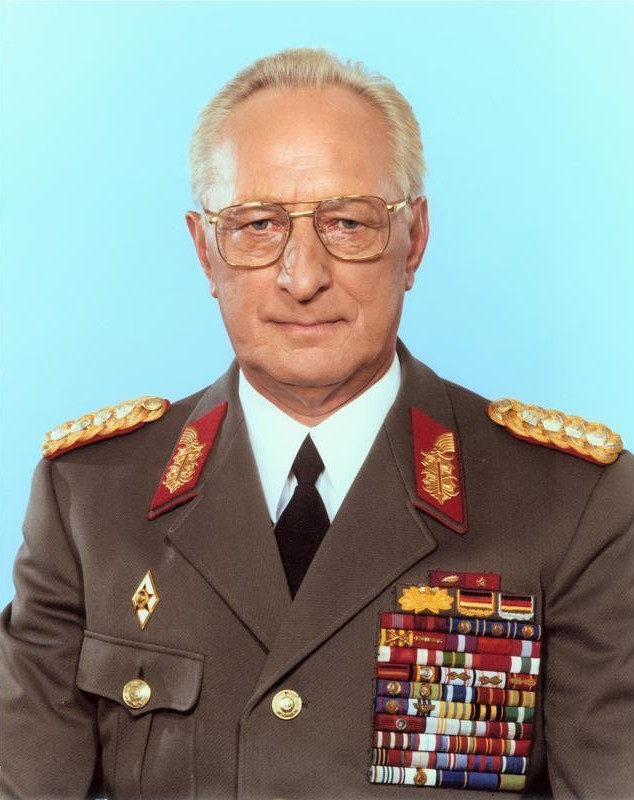
Heinz Kessler was a general in the National People's Army of the German Democratic Republic.
After the reunification of Germany, Kessler was tried and convicted for his role in the deaths of those who tried to leave Eastern Germany between 1971 and 1989. He was found guilty of manslaughter and spent five years in prison.
In 2009, he joined the German Communist Party and was a candidate in the 2011 Berlin state election.
© Copyright IBTimes 2025. All rights reserved.





















